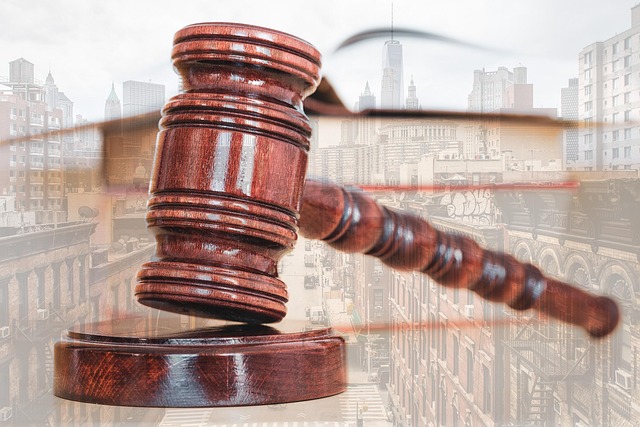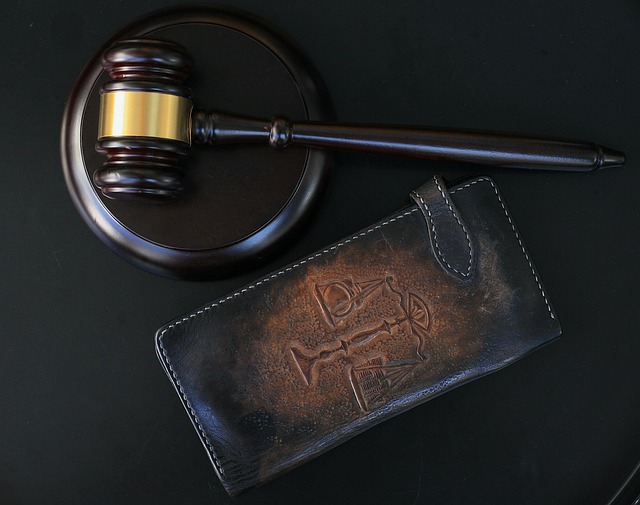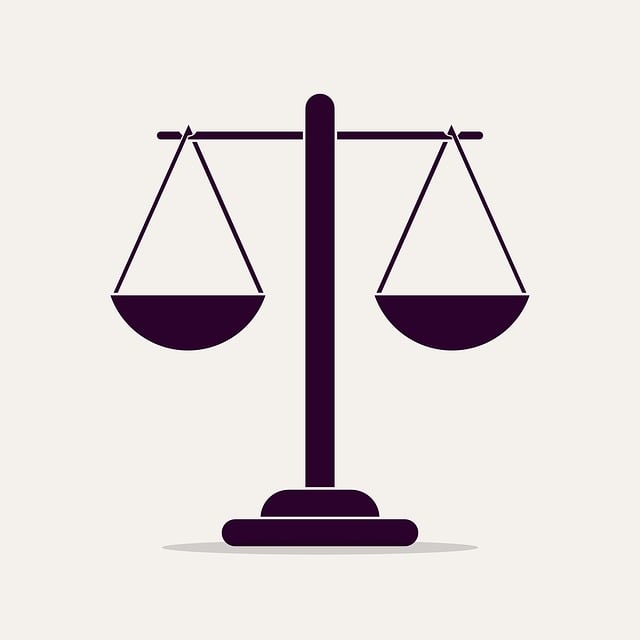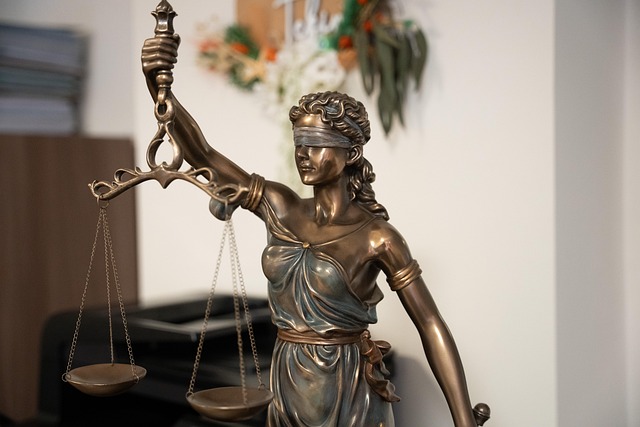Corporate crime investigations tackle complex cases with significant consequences, requiring a sophisticated approach. Post-conviction proceedings are crucial for balancing rights and penalties, impacting public trust, regulations, and deterring future wrongdoers. Safeguarding defendants' rights during post-conviction proceedings is strategic, focusing on documentation, internal controls, and legal representation to ensure fairness, prevent bias, and preserve company reputation.
Corporate Crime Investigations delve into complex legal territories, demanding a nuanced understanding. This article explores key facets, from the initial investigation to post-conviction proceedings. We dissect the intricate legal framework governing these processes, emphasizing the importance of rights during post-conviction proceedings. By examining strategies for defending corporate entities and the pivotal role of evidence, we offer insights into ensuring fairness in a dynamic legal landscape.
- Understanding Corporate Crime Investigations
- Legal Framework for Post-Conviction Rights
- Strategies for Protecting Corporate Defendants
- The Role of Evidence in Proceedings
- Ensuring Fairness: Rights and Procedures
Understanding Corporate Crime Investigations

Corporate Crime Investigations delve into complex and high-stakes cases, often involving large sums of money, significant reputational damage, and far-reaching legal implications. These investigations are crucial in uncovering corporate misconduct, which can range from financial fraud to environmental violations, and even criminal activities hidden within philanthropic and political communities across the country. They require a meticulous process that includes gathering evidence, interviewing witnesses, and analyzing financial records to build a robust case.
The intricacies of these investigations demand a nuanced understanding of not just the legal framework but also the specific dynamics of corporate culture and behavior. This is especially important during post-conviction proceedings, where rights and penalties are carefully considered. The outcome can shape public trust in institutions, influence regulatory changes, and serve as a warning to potential wrongdoers, ensuring that justice is served and similar crimes are deterred in the future.
Legal Framework for Post-Conviction Rights

The legal framework for post-conviction rights plays a crucial role in ensuring justice is served, especially in complex cases involving corporate crime. Once a verdict is reached and a corporation or individual client is convicted, the process does not end there. Post-conviction proceedings allow for an examination of any errors or new evidence that may have emerged during the initial trial. This is particularly significant in corporate cases, where intricate financial transactions and legal strategies can be involved, leaving room for potential overlooked details.
Across the country, various laws govern these rights, ensuring a fair and structured approach to appeals and collateral reviews. The focus is on protecting both corporate and individual clients by providing avenues to challenge their convictions if new information or interpretations of existing evidence arise. These proceedings can include motions for new trials, requests for evidentiary hearings, or petitions for writs of habeas corpus. The goal is to maintain the integrity of the judicial system while allowing for the possibility of correcting any miscarriages of justice that may have occurred during jury trials.
Strategies for Protecting Corporate Defendants

In the realm of corporate crime investigations, protecting defendants’ rights during post-conviction proceedings is a strategic priority. As white-collar and economic crimes often involve complex financial transactions and intricate legal landscapes, ensuring due process becomes paramount. One key strategy involves meticulous documentation and record-keeping; companies must maintain comprehensive records to demonstrate compliance and good faith efforts in avoiding indictment. These documents can serve as a robust defense mechanism during investigations and subsequent legal battles.
Additionally, proactive measures such as implementing robust internal controls and compliance programs are instrumental. By establishing clear guidelines and training employees on ethical conduct, organizations can significantly reduce the risk of high-stakes cases. Such precautions not only protect corporate defendants but also foster an environment where avoiding indictment becomes a feasible goal.
The Role of Evidence in Proceedings
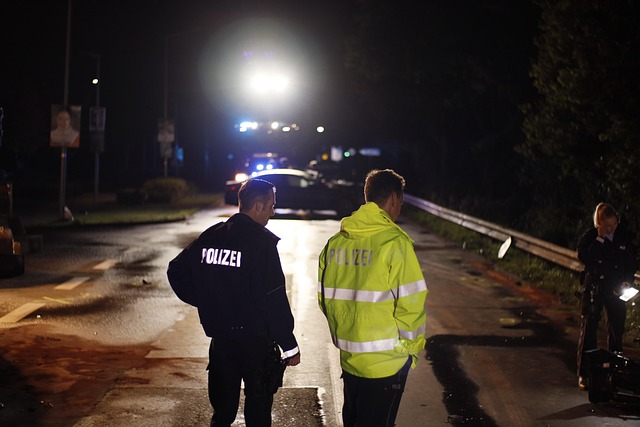
In corporate crime investigations, evidence plays a pivotal role in shaping the outcome of proceedings. The collection and preservation of robust, admissible evidence are essential to ensure that justice is served. During pre-trial stages, investigators focus on gathering tangible proof like documents, emails, and financial records, which can be crucial in establishing guilt or innocence. This process involves meticulous documentation and adherence to legal protocols to maintain the integrity of the evidence.
Post-conviction proceedings, however, introduce distinct considerations, particularly regarding rights. Defendants and companies involved often seek to challenge their convictions through appeals or post-conviction motions. In these scenarios, achieving extraordinary results might hinge on the interpretation of rights during such proceedings. Across the country, legal teams employ various strategies to avoid indictment by leveraging loopholes, procedural errors, or questioning the admissibility of evidence.
Ensuring Fairness: Rights and Procedures

Ensuring fairness is paramount in corporate crime investigations, especially when dealing with high-stakes cases involving white-collar and economic crimes. Accused individuals must be protected by a robust framework that guarantees their rights during post-conviction proceedings. This includes the right to legal representation, access to evidence, and protection from self-incrimination. Fair procedures involve transparent processes, impartial judges, and a thorough review of evidence to prevent any bias or abuse of power.
The goal is to ensure that justice is not only served but also perceived as such by all parties involved. Protecting the rights during post-conviction proceedings is crucial in maintaining public trust in the legal system, especially in complex cases where allegations can significantly impact a company’s future and reputation. It prevents the complete dismissal of all charges without due process, ensuring that justice is not only a concept but a tangible outcome for all, regardless of the nature or scale of the crime.
Corporate crime investigations demand a nuanced understanding of legal frameworks and evidence handling. By navigating the intricate balance between holding corporations accountable and protecting their rights during post-conviction proceedings, we can ensure fairness and justice. Implementing strategic defenses and adhering to strict evidentiary standards are crucial to upholding the integrity of these complex cases. Understanding both the rights of defendants and the procedures involved is essential for a just outcome, ultimately fostering trust in our legal system.


